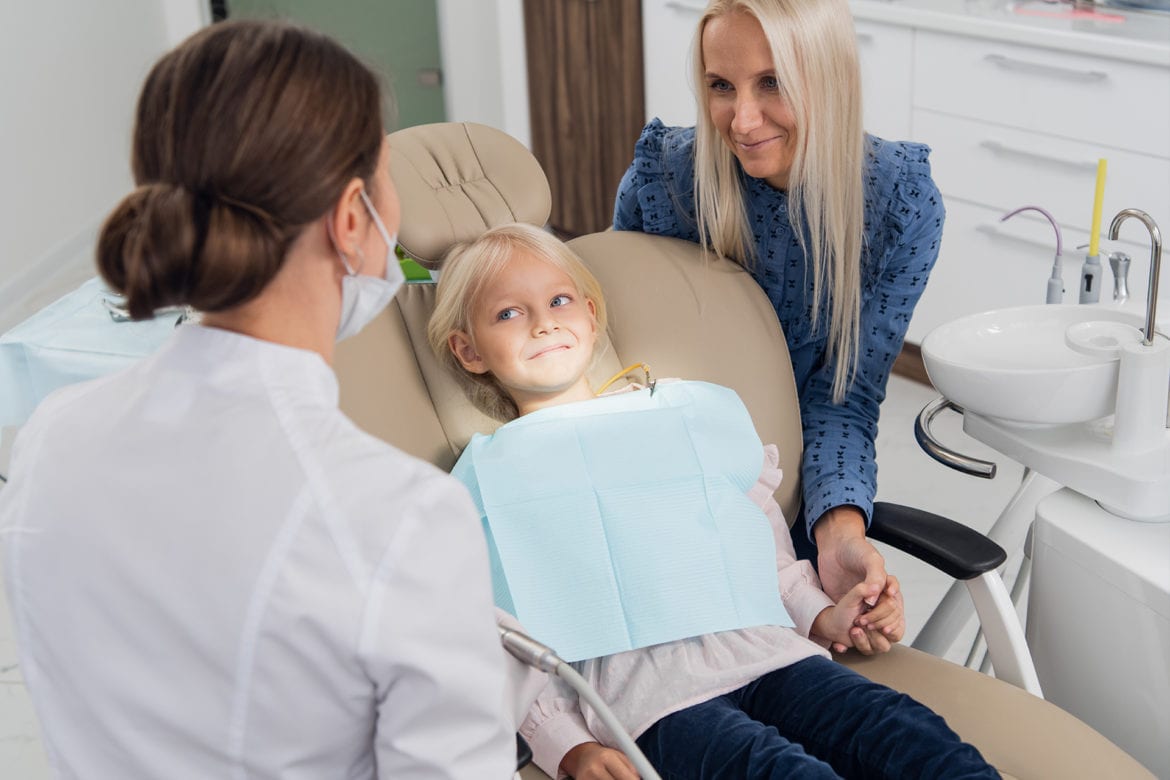Prevention is better than cure, especially if dental care can cost a lot and can lead to serious health problems. Prevention is the key element, but that’s not all: «Follow simple rules – he explains Stephen Scaviaprofessor at the Bicocca University of Milan – helps to avoid future malocclusions by facilitating correct craniofacial bone development.
FURTHER INFORMATION
Prevention as a starting point
What is the role of parents in enforcing good food and hygiene habits? Prevention but from an early age. Several studies show that malocclusions affect between 60 and 80% of the population. A significant fact that calls for early interventions: «Programming them from an early age – explains Stefano Scavia, professor at the Bicocca University of Milan – allows you to work not only on dental positioning but also on correct craniofacial bone development. This translates into a therapy that is not only more effective, but also capable of preventing and intercepting complications related to development, which are much more complex if treated in adulthood. In short, investing in the early treatment of children’s teeth not only facilitates the approach to the dentist, but establishes a positive and trusting relationship in the subject that will facilitate him, once an adult, in taking care of his own health“.
The task of parents therefore is not to neglect small, simple rules. Bearing in mind that investing economically in oral health from a young age, in most cases, leads to saving money over time: «Today we know – continues Scavia – that problems linked to bad occlusion, ruined teeth, altered work of the masticatory system can trigger a series of alterations, defined as descendants, affecting organs and musculoskeletal structures of the entire organism. For this reason one parental neglectwith regard to the oral health of their children, will be able to facilitate in the future the development of various pathological states, intra and extra oral, as well as a difficult relationship between the child and the dentist and with the figure of the doctor in general, who will be less educated and used to taking care of his body and his health.
What is needed then? Virtuous eating habits, the good example of parents, techniques for correct oral hygiene at home, preventive practices and periodic check-ups by the dentist are the key elements: “The first point -says Scavia- is the daily cleaning of the infant’s gums: Recommended after each feed through a simple moistened gauze or nice aids on the market, it is unfortunately an often underestimated practice which instead plays a fundamental role in maintaining a good oral microbiota.Already at the appearance of the first tooth it is advisable to start the good habit of brushing after the 2/3 main meals with an extra soft children’s toothbrush with a very small head – size 0-3 years – combined with a fluoridated toothpaste that contains at least 1000 ppm of fluoride, in a rice size dose.For older children, from 2 to 5 years, the same rules apply but the dose becomes pea size and we add that brushing must take place for at least 2 or even 3 minutes, as for adults. To encourage our children to respect the timing, we can help them with little tricks: an hourglass, listening to their favorite song, the heart cartoon toothbrush with built-in timer”.

